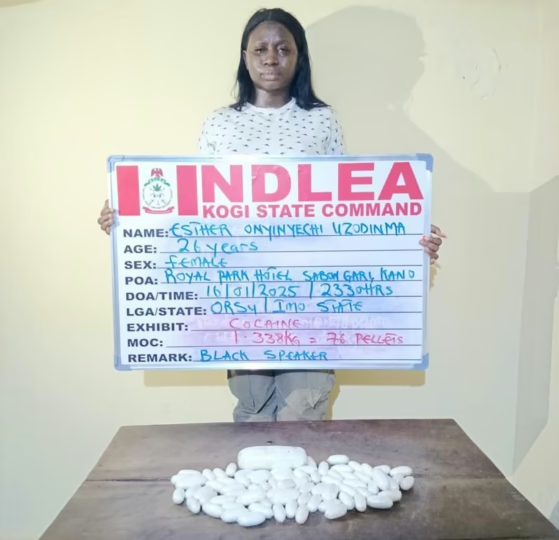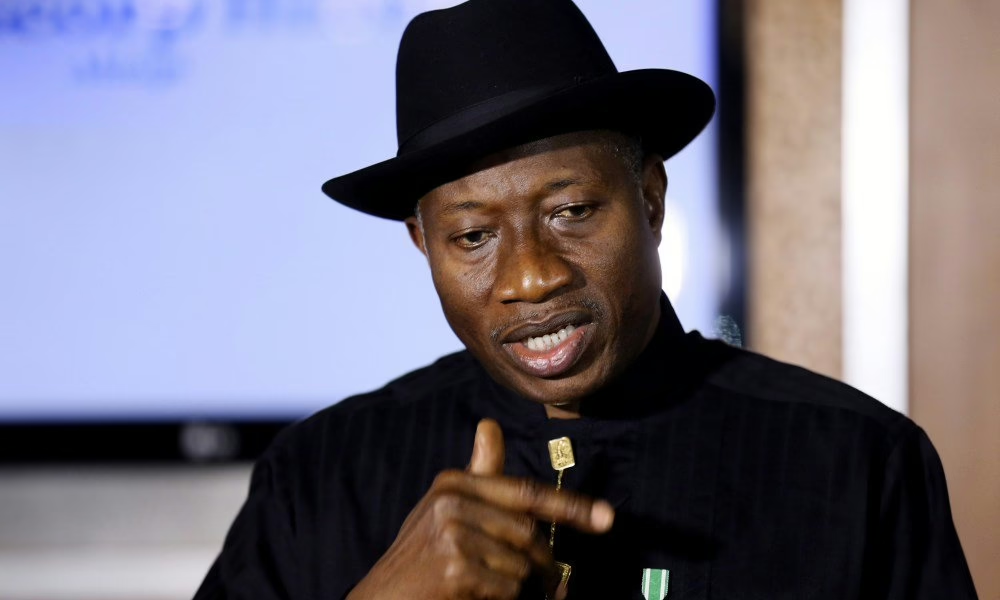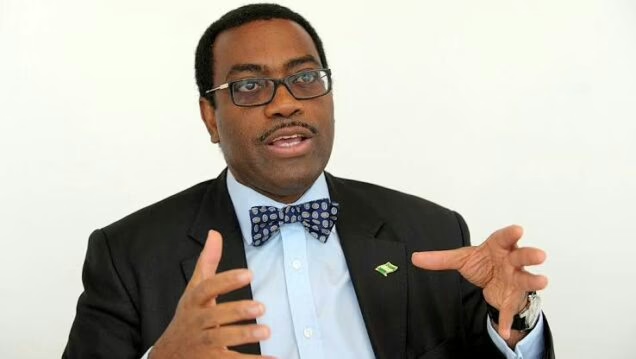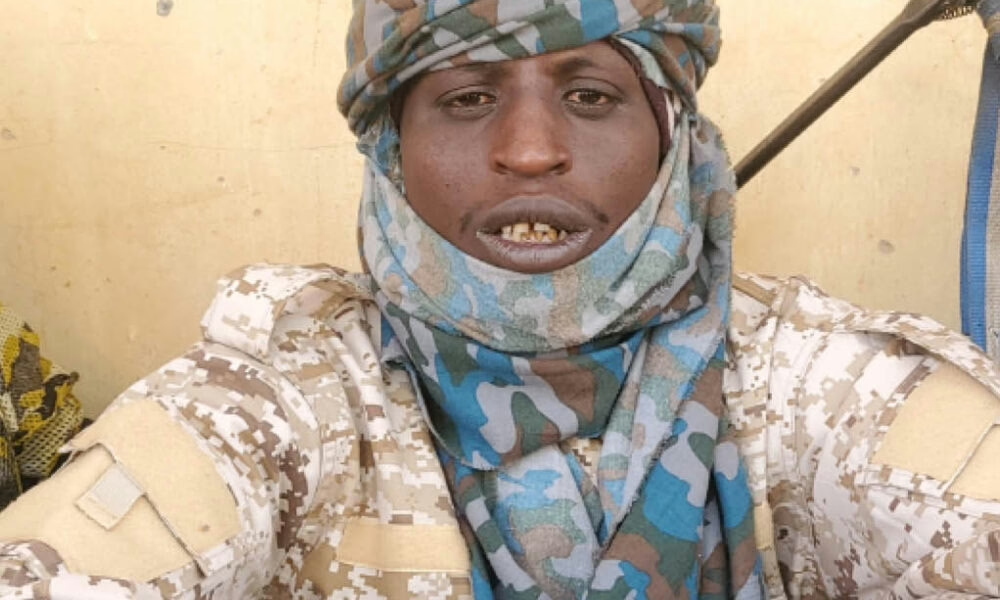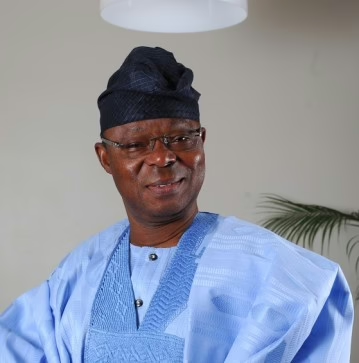and Asisat Oshoala made history by winning the CAF Men’s Player of The Year and Women’s Player of The Year awards respectively, a feat not achieved since Nigerian duo Mercy Akide and Nwankwo Kanu first achieved the feat back in 1999.
Could this triumph mark the dawn of a new era for Nigerian football?
Nigeria’s football history is rich with dominance and the moniker ‘Giants of Africa’ became the tag as the national teams excelled on the continent and globally.
After winning the 1980 Africa Cup of Nations on home soil, Nigerian dominance of African football became cemented in the 1990s up to the early 2000s. It was a decade marked by remarkable triumphs and unparalleled dominance that resonated across generations. During this era, Nigerian football etched an unforgettable mark on both the African and global stages, showcasing unrivaled prowess and skill.
The 1994 World Cup marked a pivotal moment in the country’s football history. It was the Super Eagles’ debut appearance on the global stage, and they made a lasting impact.
Consisting a formidable squad of talented players like Stephen Keshi. Rashidi Yekini, Austin Okocha, Emmanuel Amuneke and Sunday Oliseh, Nigeria showcased its footballing prowess and flair. The Eagles navigated through the group stage with memorable performances, including a resounding 3-0 victory against Bulgaria, captivating the world with their skillful and attacking style of play, before they bowed out to Italy in the round of 16 in the United States, in their first appearance at the World Cup.
The Nigerians also ended as the second most entertaining side after Brazil.
Ironically, that feat in the US was preceded by the side’s talismanic striker Rashidi
Yekini being crowned the 1993 African Player of The Year, the first time a Nigerian would win it.
And the 1994 World Cup served as a launchpad for Nigerian football onto the global scene. The Eagles’ performance earned them respect and recognition, signaling the emergence of Nigeria as a potent force in international football.
It set the stage for future successes and laid the foundation for subsequent achievements, including the historic gold medal at the 1996 Olympics in Atlanta.
Led by Nwankwo Kanu, Okocha, and Taribo West among others, the team’s extraordinary display once again propelled Nigeria into global limelight.
Simultaneously, the Super Falcons charted their own path of dominance. They won the Women’s Africa Cup of Nations four times in a row from 1991 to 1998. The team’s successes continued into the 2000s, winning the tournament again in 2000, 2002, 2004, 2006, 2010, 2014, and 2016. Their most recent victory was in 2018, where they defeated South Africa in the final in Ghana.
The team, spearheaded by the likes of Mercy Akide, Florence Omagbemi and Perpetua Nkwocha, showcased exceptional talent and collective strength, clinching WAFCON trophies and solidifying Nigeria’s status as a footballing powerhouse on the continent and remained ever-present at World Cups battling determinedly against other countries.
Again, Nigeria’s dominance in women’s football in Africa was marked by their top stars Akide, Nkwocha voted the continent’s best women players severally during the era.
Furthermore, the remarkable successes at various youth levels emphasised Nigeria’s commitment to nurturing young talents.
Their exploits at the U-17 World Cup, where the Golden Eaglets claimed a record five titles (1985, 1993, 2007, 2013 and 2015), highlighted the nation’s dedication to grooming future football stars. Notable talents like Nduka Ugbade. Kanu, Victor Ikpeba, Celestine Babayaro, Kelechi Iheanacho, Samuel Chukwueze among others, emerged from these youth setups, underscoring the effectiveness of Nigeria’s youth development programmes.
The 1990s and 2000s is widely regarded as a golden era for Nigerian football, where triumphs, achievements and moments of brilliance sculpted a legacy that continues to inspire future generations.
The dominance was not limited to the national teams alone. The football clubs also had a fair share of successful runs, with Enyimba winning the CAF Champions League twice in 2003 and 2004. They also won the Nigerian Premier League seven times in a row from 2001 to 2007.
However, recent years have seen a decline in fortunes, with the Eagles last winning the AFCON in 2013 — their third overall — and failing to qualify for the 2022 World Cup in Qatar.
The Falcons, on the other hand, ended up in fourth place at last year’s WAFCON in Morocco while there have been no Nigerian winners of the CAF Champions League (men and women) since Enyimba last won it 19 years ago.
However, 2023 brought some succour to the country’s silverware-thirsty and football-crazy fans in the final month of the year.
Napoli forward Victor Osimhen was crowned CAF Player of The Year, while Barcelona striker Asisat Oshoala was named the Women’s Player of The Year at a grand ceremony in Marrakech, Morocco.
Super Falcons claimed the Team of The Year award after a fine outing at the 2023 Women’s World Cup and Chiamaka Nnadozie, was crowned Goalkeeper of The Year (Women) as Nigeria dominated the awards fir the furst time in over two decades.
Osimhen’s feat was also the first time in 24 years that a Nigerian was voted the men’s winner of the top prize.
Before the awards, a plethora of emerging talents home and abroad (male and female) had lined the football landscape, sparking hope of a potential new era in Nigerian football.
Victor Boniface, Gift Orban, Ademola Lookman, Nathan Tella, Akor Adams, Igoh Ogbu, Amas Obaseki, Kingdom Osayi-Samuel, Deborah Abiodun, Michelle Alozie, among a terming number of others, had proven their mettle and ready to be counted.
Eagles forward, Paul Onuachu, told Sunday PUNCH that Osimhen and Oshoala’s achievements would motivate new talents to aim for the sky but added that the NFF also needed to step up the right structure to sustain the dominance.
“Victor and Oshoala are definitely paving way for other Nigerian players and young talents. But dominance? Of course, we can dominate African football but the question is ‘does the Nigeria Football Federation have the structure to dominate?
“For us to dominate for a period or era and be consistent, we need a certain structure from the top to bottom of Nigerian football. Talent is not enough,” Onuachu said.
Doma United goalkeeper, Kingdom Osayi, believes Osimhen and Oshoala’s triumph in Marrakech is a positive sign fir Nigerian football. “Osimhen’s award on Monday is a good omen for Nigerian football. I believe his triumph will rub off on the Eagles at the AFCON. He is the best striker on the continent at the moment and I pray he stays fit to lead the team to another triumph in Ivory Coast.”
TV presenter Charles Anazodo, however, doesn’t believe that it will be an easy ride for Nigeria to return to the golden era of the 1990s and 2000s. says African football has become
He said, “I think it is actually very competitive now in Africa. The level of competition is much higher now among all these players, and Nigerian players have to work extra hard and have the ambition. “Osimhen has the ambition, he has played consistently over the past couple of years.
“But I don’t think it will be that easy for Nigeria to return to the level of dominance but it is all about hard work, if they can show the level of hard work that Osimhen and Asisat Oshoala put in, then yes, they can do it again.”
Mohamed Saliu of sports radio Brila FM added, “Yes, it (dominance) can happen because others in the team would want to compete not just for their clubs but for the national team as well. If you checked immediately after the CAF awards night, Victor Boniface, who plays his professional football in Germany, wrote ‘’ meaning that he is coming to rival Osimhen.
“You see, it can spark competitiveness that has been lacking for a long time in the team. We have other players too like Kelechi Iheanacho doing well for club and country at a point in his career at Manchester City, he came close to winning it but Yaya Toure and his teammates then overshadowed him. Sadiq Umar, Taiwo Awoniyi, Terem Mofe, Alex Iwobi and many more not mentioned in the present Super Eagles team are doing well for their clubs, I see them translating it to the national team to further gain individual awards.
“As for Oshoala, if you check the Super Falcons team, players are growing up and doing well crafting records for themselves. During the last WAFCON qualifiers against Cape Verde, we saw a certain Esther Okoronkwo, who came on as a substitute could score three goals in two games because six of the major players couldn’t honour the match due to personal and club issues. Even Oshoala wasn’t in the team but the Falcons scored seven goals and conceded just one in the two encounters. Many players are warming up for greatness in the team like Rasheedat Ajibade, Uchenna Kanu and many young stars like Abiodun (Deborah), who was nominated for the Young Player award. So, yes, we can expect a coming era of dominance.”


